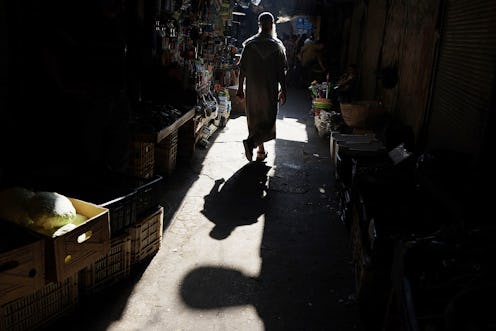News
U.N. Says Syrian Crisis Eclipses Rwanda's
UN Officials held a rare public briefing Wednesday to kick up official action in Syria, as conditions continue to deteriorate at alarming — and increasing — speed. Left unchecked, officials warned that the conflict could merge with battlefields in neighboring Iraq, pulling the entire region into the bloodiest civil war the world has seen in decades.
This morning's public Security Council briefing included statistics on a refugee crisis High Commissioner for Refugees Antonio Guterres called "frightening" and unmatched since "the Rwandan genocide almost 20 years ago." His sentiments were echoed by Ivan Simonovic, Assistant Secretary-General for Human Rights, who said that at least 92,901 people have been killed between March 2011 and the end of April 2013.
"The extremely high rate of killings nowadays — approximately 5,000 a month — demonstrates the drastic deterioration of the conflict," Simonovic said.
Envoys to Iraq also warned of regional consequences as the battlefield grows to meet sectarian tensions elsewhere in the Middle East. Iraqi armed groups have become an increasingly significant presence in Syria, and the staggering outflow of refugees from the country is creating significant drains on host countries Lebanon and Jordan.
Under-Secretary-General for Humanitarian Affairs Valerie Amos used the occasion to remind senior UN officials of their potential to act (a subtle public rebuke to a Security Council that has been deadlocked since the beginning of the crisis). Russia and China have vetoed action against President Bashir al-Assad three times. “We are looking to this Council to exercise a leadership role in that regard,” Amos said.
Amos also said the Syrian government is "flagrantly disregarding the rules of war," to which Syria's UN Ambassador Bashar Ja'afari replied by saying the government is doing "everything possible to shoulder its responsibility and its duty to its people, to meet the humanitarian needs and the basic needs of its citizens."
“We are not only watching the destruction of a country but also of its people,” Amos said. “This is a regional crisis, not a crisis in Syria with regional consequences, requiring sustained and comprehensive engagement from the international community.”
